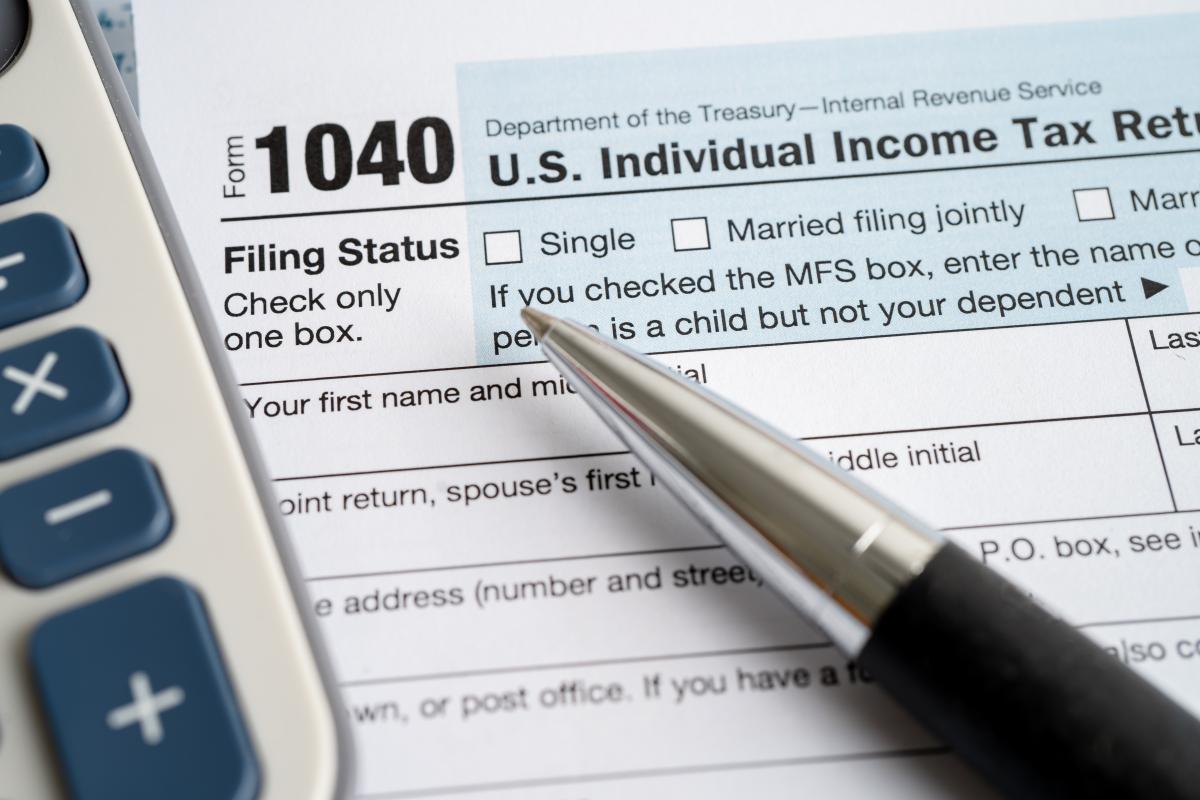By Chad Braun, Co-Founder & Managing Partner – Fifth Corner, LLC.
Passive investment into real estate is a natural hedge against inflation and is generally believed to be non-correlated with the stock market. Commercial real estate offers investors many benefits including recurring income through contractual tenant leases, long-term capital appreciation, and tax shelter through depreciation. The Tax Cut and Jobs Act (TCJA) has made passive investment in real estate even more attractive for investors.
#1 – Bonus Depreciation
Depreciation is the theoretical decline in value of an asset over time. Though the term depreciation implies loss, in real estate investing it is actually a positive as far as income is concerned. Toilets, sinks, rooves and essentially all items that comprise a real estate investment are depreciable with the exception of the land itself. Land is a fixed cost and does not depreciate. Tax laws allow the owner of the asset to take a deduction for the structure's depreciation. This is a key concept in real estate investing because this depreciation shelters the income or cash flow that the real estate generates, providing at attractive tax equivalent return.
The value of a real estate investment such as a retail shopping center, for example, can appreciate in value over time, thus creating more equity for the owner, while the theoretical value of the building depreciates, thus reducing its tax basis. This, in turn, reduces the amount of taxes paid on the cash flow generated from the assets that are appreciating in value simultaneously. This is in stark contrast to income generated from employment or income generated through other investments which is generally taxed as it is received or earned. The passive investment in real estate allows you to create passive income while also reducing the tax burden each year via depreciation allowances, thereby creating a higher tax equivalent return. By way of example, a 5% cash distribution fully sheltered by depreciation results in a 7.69% tax equivalent yield (assuming a 35% tax bracket).
The TCJA made this benefit even larger by allowing 100% bonus depreciation for any asset with a depreciable life of 20-years or less. Sophisticated real estate managers perform what is called a cost segregation study. This takes the purchase price of the commercial real estate and breaks the cost down into its component parts: roof, flooring, wiring, fixtures, sheetrock, etc. In so doing, many of these individual assets have an IRS determined life of 20-years or less. Based on the changes in the TCJA, these assets can be depreciated 100% in the first year…resulting in significant benefits for investors. These depreciation deductions can be used to offset taxable income in the current year (from this or any passive income source) or can be carried forward and used to offset taxable income in future years.
As another example, our first fund, generated $8.7 million in accelerated depreciation benefits to investors that created over $3 million in tax benefits to investors. Said another way, this means that $8.7 million of property level cash flow was protected from taxation through accelerated depreciation, resulting in more net cash in our investors pockets!
#2 – Reduction in Tax Rate
Another benefit of investing in real estate through a passive interest in a partnership is that pass-through income from business entities such as LLCs and LPs get a 20% deduction on qualified income. This means that you get to deduct 20% of the qualified income allocated to you on your K-1 before calculating your taxes owed. In effect, this lowers your effective tax rate on this income by 20%. If you are a taxpayer in the 37% tax bracket, your effective tax rate on an investment like Fifth Corner is not 37%, but rather 29%!
Between the 100% bonus depreciation that is allowed to shelter income generated through passive real estate investment and the 20% deduction on qualified income generated through passive real estate investment, real estate is an incredibly tax efficient way to invest your capital for current income and long-term appreciation.
According to Kent Clothier, Forbes Real Estate Council, “The take-home lesson is this: You can purchase real estate to create passive cash flow and simultaneously reduce your taxable income by the depreciation allowance, even though the asset is appreciating in value. Income is then increased actively by appreciation and passively by the decrease in taxable value using the depreciation allowance. No other investment vehicle can do this. Real estate is tangible, appreciable and a reliably predictable source of passive income that is insulated from economic downturns and inflation.”
About the Author:
Chad Braun started his career with Kenneth Leventhal & Co in their real estate advisory practice and has spent the past 25 years exclusively working in the commercial real estate business. He helped grow AmREIT (NYSE:AMRE) from $50 million to over $1 billion in assets when it sold to EDENS in February 2015. As CFO and COO, he was responsible for over 60 employees in multiple offices, all aspects of debt and equity capital formation including leading the Company’s IPO on the New York Stock Exchange, accounting and reporting, asset and portfolio management, investor and institutional relations and human resources. Chad is currently the Managing Partner and Co-Founder of Fifth Corner, a private equity real estate firm focused on creating value on Irreplaceable CornerTM properties throughout the major markets of Texas and the Southeast United States.

Career Highlights
- Fifth Corner, LLC
Co-Founder & Managing Partner 2017 – Current - EDENS
Managing Director 2014 – 2016 - AmREIT, Inc.
Chief Financial Officer and Chief Operating Officer 1999 – 2014 - E&Y Kenneth Leventhal & Co.
Manager, Real Estate Advisory Business 1994 – 1999
Education
- BBA – Hardin Simmons University, Abilene, Texas
- Certified Public Accountant, Texas
Awards, Accomplishments & Boards
- Pathways for Little Feet Advisory Board – 2017 to Current
- Hardin-Simmons University, Board of Trustees – 2016 to Current
- Cypress Christian School Board – 2011 through 2017 (Board Chairman 2012 – 2015)
- Uptown District Improvement District #1 Board Member – 2015 to 2016
- Hardin-Simmons University, Outstanding Young Alumni – 2014




